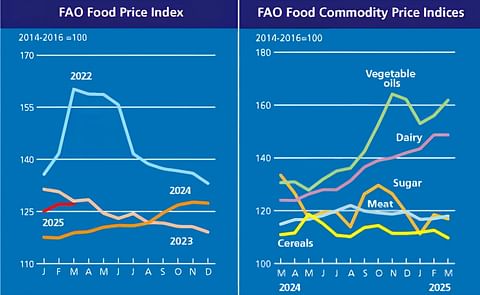The South Australian Potato Industry has received funding of $100,000 under the State Government’s Advanced Food Manufacturing (AFM) grant program to enable a project utilising potatoes which are graded-out due to size or shape and do not meet supermarket specifications. Consequently they have no commercial value and are in fact a cost.
Partners Potatoes South Australia and the FOODPlus Research Centre at the University of Adelaide, will work with SAFCOL Australia Pty Ltd to transform these under-utilised potatoes into pure, nutritious, premium food products targeting the niche paediatric, geriatric and food service segments. With innovative packaging, the product range may also have significant export potential, particularly to China, India and Indonesia.
The South Australian potato industry produces approximately 385,000 tonnes of potatoes annually. It is the nation’s largest producer and contributes in excess of $440 million to State gross food revenue. However at least twenty per cent or 75,000 tonnes is wasted. This is potentially worth $26 million at farmgate.
Potatoes South Australia CEO, Ms Robbie Davis, said “this is a unique opportunity to demonstrate that we can lift agricultural output by reducing primary production food loss. Primary producers in South Australia will welcome this as they are constantly advised to lift productivity.”
Food loss and waste is a national problem costing the country over $20 billion per annum with SARDI estimating that almost 40 per cent of all food produced for human consumption in Australia is lost during primary production. Based on FAO’s report of agricultural losses, the total cost of agricultural food losses to primary producers in Australia is $2.84 billion per annum of which $1.8 billion is attributed to horticulture. And potatoes are the largest contributor to this sector.
Under the guidance of Dr John Carragher, Commercial Development Manager, FOODPlus Research Centre, the food products will be formulated by University of Adelaide Food and Nutrition Science degree students and research staff at the Waite campus in conjunction with the contract processor. “Waste” potatoes will be processed with skins on where possible to maintain optimum nutrient profile in the end product.
Preliminary sensory trials will be developed by the University to determine recipe preference and consumer acceptance for the optimum product suitable for commercialisation. Further sensory trials will be conducted on the ‘commercial’ product by the University researchers.
The Industry, through the South Australian Potato Industry Trust (SAPIT), and Horticulture Innovation Australia (HIA) Limited are also supporting this project which is being administered through the Department of Primary Industries and Regions South Australia (PIRSA).
Australian Research: Producing Premium Potato Products from waste potatoes

Like to receive news like this by email? Join and Subscribe!
NEW! Join Our BlueSky Channel for regular updates!
Highlighted Company
Sponsored Content
Sponsored Content
Sponsored Content
Sponsored Content
Sponsored Content









